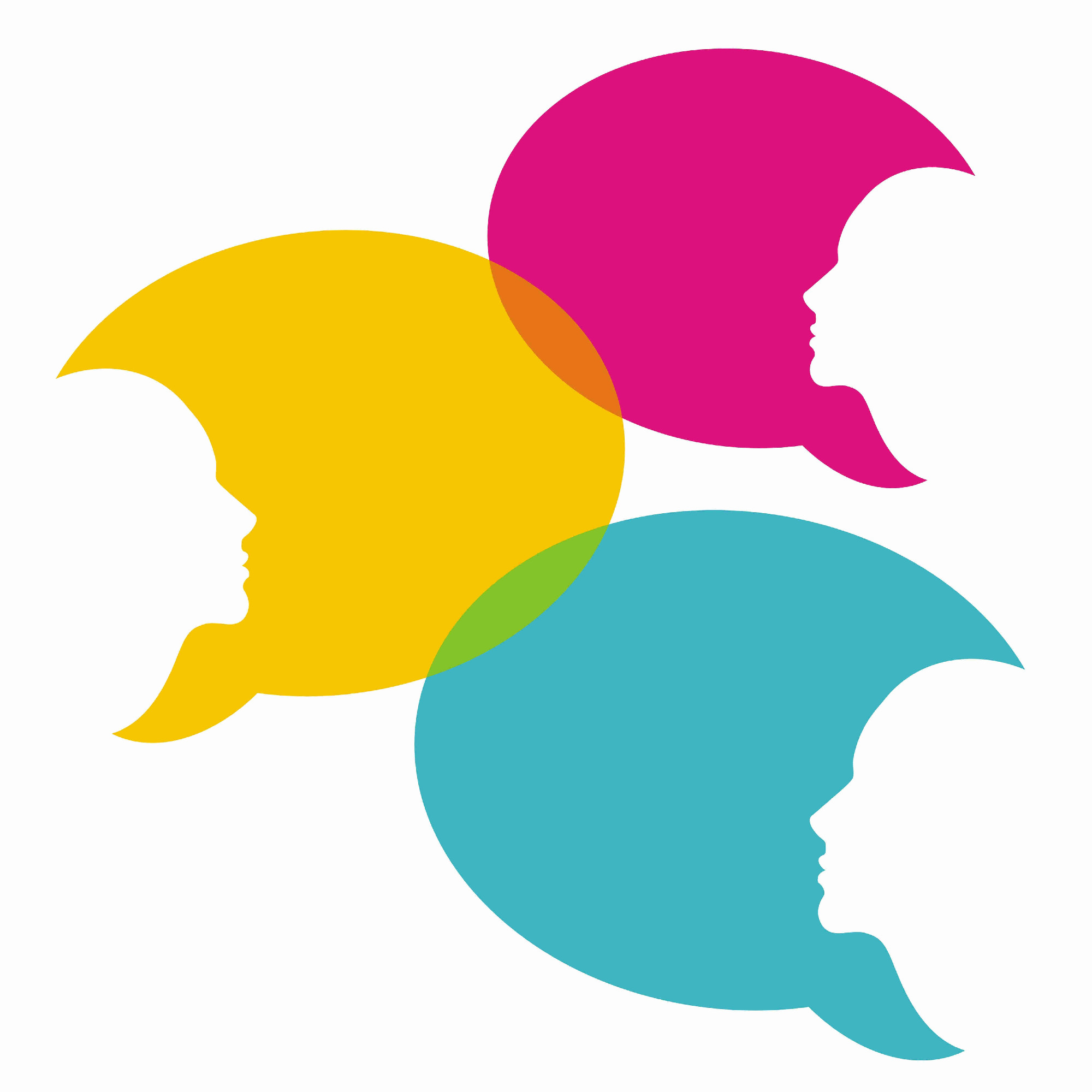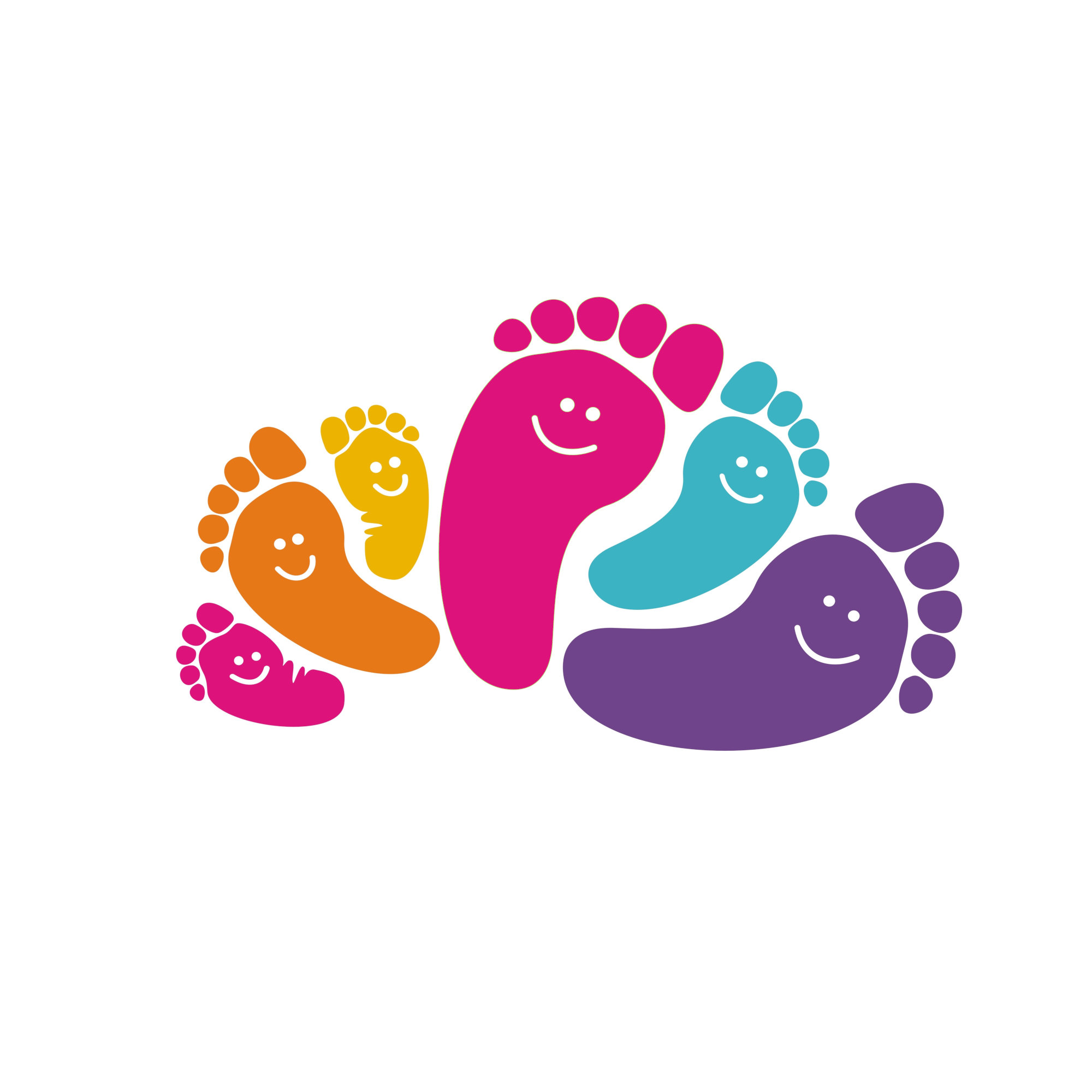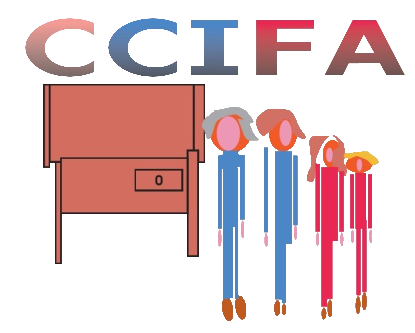Adults
Evaluation
Our assessment services are based on current clinical protocols in hospital clinics specializing in autism spectrum disorders and according to the guidelines of the Order of Psychologists and the College of Physicians (ADOS, ADI-R, assessment intellectual and functional).
We also assess for Attention Deficit Disorder with / without Hyperactivity and for School Derogation according to the guidelines of the Order of Psychologists of Quebec.

Diagnostic evaluation of ASD in adults
The protocol is indicative, the steps may vary. Refer to our professionals for more details.
Steps before the 1st meeting
Provide a personal writing on your questions regarding this diagnostic process:
- What makes you wonder about an ASD?
- Describe your lifeline (school, home, work, relationships, etc.)
- List your particularities = strengths, interests, difficulties, social,
Complete the screening questionnaires that we will send to you.
Send everything to us by email or post before the first meeting.
1st Interview (approx. 1h30)
- Meeting and informal observation of the autistic person (adult)
- Exchange of questions
- Explanation of the evaluation procedure, service contract and consent.
2nd interview (approx. 2 hours)
Diagnostic and clinical interview with the client.
- ADOS (Autism Diagnostic Observation Schedule) and social-pragmatic evaluation (recognition of emotions, theory of mind, sensory particularities.
3rd Interview (approx. 1h30)
If possible, interview the client's parents for a developmental diagnostic interview.
If possible, meet someone who knows the client well: siblings, friend, spouse, etc. for an ongoing clinical interview (in the presence or absence of the client according to his wishes.)
4th Interview (approx. 2 hours)
Complementary assessment: assessment of cognitive potential if this has not been done within the past 5 years, screening for associated or differential disorders (ADHD, anxiety, etc.)
5th Psychological analysis work (4 to 5 hours)
Telephone contacts with case professionals (doctor, therapist, social worker, etc.) and important people (family, friends, colleagues, etc.) according to the client's signed authorizations.
Analysis and interpretation of results
- Clinical interviews
- Questionnaires
- Additional assessments: IQ, associated disorders
- Write the report
6em Conclusions and submission of the report
Presentation of conclusions and written report.
Psychological and emotional screening and assessment
Screening and Assessment of psychological and emotional disorders such as anxiety, depression, motor disorders (eg: tics), behavioral disorders, etc.
1st Interview (approx. 1h00)
Interview with the adult to define the needs
2nd Interview (approx. 1h30)
Meet with the adult to document emotional and psychological difficulties
Delivery of screening questionnaires
3rd Interview (approx. 1h30)
Meeting with the adult for a clinical interview and the taking of standardized and informal tests related to the problem.
4th Contacts and observation (approx. 1h to 3h)
Telephone contacts with significant circles (families, employment, medical)
Observation in the environment if necessary or desired
5th Psychological analysis work (approx. 4 hours)
Analysis and Interpretation of Results
Writing of the report
6th Conclusions and submission of the report (1h to 1h30)
Presentation of the conclusions and the written report to the parents and the teenager if over 14 years old
Cognitive, developmental or functional assessment
Here are the different steps available to you. Each being independent of each other, but scalable and complementary, this allows you to choose the deepening that you want to pursue in your approach.
1st Interview (approx. 1h30)
Interview with the adult and / or his parents to define assessment needs and to complete an adaptive behavior scale (Vineland, ABAS)
2nd Interview (approx. 2h30 per evaluation)
Meet at the clinic for the evaluation:
A) intellectual
B) Development
C) Functional: autonomy, social skills, communication
3rd Job psychological analysis (approx. 4 hours)
Telephone contacts with different communities (CEGEP, university, employer, stakeholders, etc.)
Observation in the environment if necessary or desired (addition of 2 hours)
Analysis and Interpretation of Results
Writing of the report
4th Conclusions and report submission (1h to 1h30)
Presentation of conclusions and report
Intervention
Our interventions are mainly inspired by the Applied Behavior Analysis (ABA-Applied Behavior Analysis), cognitive behavioral therapy (CBT), structured and individualized intervention according to the TEACCH model, the communication system by exchange of 'images (PECS) and socio-emotional approaches (Early Start Denver Model, Floortime, SCERTS, etc.).
Individual or group intervention (18 years old and over)
Support to the person
- Managing emotions
- Anxiety and self-esteem
- Development of communication and social skills
- Development of personal, domestic and community autonomy skills
- Development of professional skills and support for adult life
- Psychotherapy
Support for family and siblings
- Emotions management, self-esteem (parents, siblings)
- Development of educational programs, behavior management and daily practical application in the family and community
- Development of skills for academic success (homework help, organizational strategies, educational support, etc.) and integration into the labor market
- Support for the defense of rights (school, CISSS and CIUSSS, PSI, PEI, Transition Plan, etc.)
Psychosocial rehabilitation
Coaching for the adoption and maintenance of healthy lifestyles, improvement of daily functional level, organization of daily life and interpersonal relationships
Mentoring / peer helper for parents
Support for adults during their participation in the development of an intervention plan adapted to their needs
Vocational rehabilitation
Support for labor market integration
- Acquisition of job search techniques: identification of suitable jobs, writing resumes, identifying potential employers;
- Support for socio-professional integration.
Support for job retention
- Support for people living with professional issues;
- Advisory role with employers with employees with ASD;
- Preparation for a return to work following a work stoppage.
Rehabilitation process:
- Initial assessment (2 meetings);
- Follow up with goal setting at each meeting.
Monitoring is based on person support, the strengthening of skills, but also aims to promote the return or development of capacities as well as intrinsic motivation to achieve realistic life goals.

